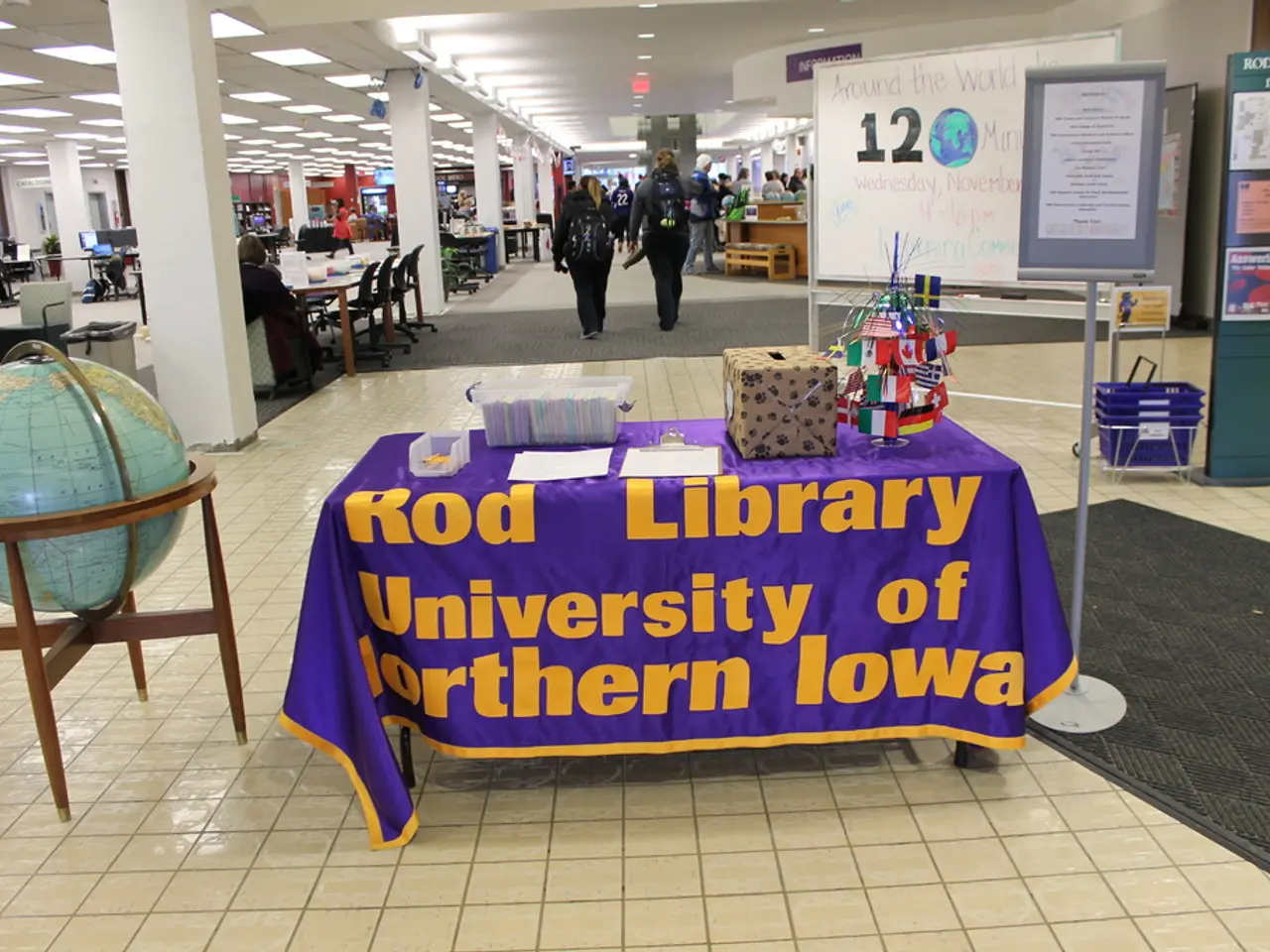Grandma attends school
The "Astana-City of the Future" creative festival, held at School-Gymnasium No 86 named after Mukhtar Auezov, is a significant cultural event that showcases the evolving artistic and creative soul of Astana, the capital of Kazakhstan. This festival, which serves as an umbrella for various artistic and cultural initiatives, aims to instil a love for the Motherland, respect for national culture, and the revival of national traditions in the younger generation.
One of the key aspects of the festival is the fusion of tradition and modernity. Events like the "Nomad Inspiration" gala concert at Astana Opera illustrate a blending of classical choreography with traditional Kazakh music, featuring original compositions played on ancient instruments such as the dombra and kylkobyz. This fusion serves as a platform to renew and celebrate Kazakh culture through contemporary artistic forms.
The festival also promotes Kazakh national values, with the "Nomad Inspiration" project being part of a broader effort to integrate national art into international programs. The inclusion of traditional rituals like *shashu*—where sweets are scattered to bring blessings—symbolizes cultural renewal and respect for ancestral customs.
Support for emerging and established artists is another important aspect of the festival. Astana nurtures a creative scene where artists, thinkers, and visionaries contribute to the city's dynamic cultural identity. For example, Kazakhstan’s first professional puppet theater director highlighted the city’s need and opportunity for creative spaces that engage children and nurture their intuitive and cultural development.
Contemporary dance groups like JOLDA contemporary dance theatre also represent Kazakhstan abroad, exemplifying how Astana’s creative platforms support the export of Kazakh cultural expression to international festivals like Avignon OFF in France.
In addition to these thematic platforms, the festival features the School of Grandmothers, a centre for reviving lost elements of Kazakh culture. Here, women teach traditional crafts to children, such as spinning, weaving, working with wool, reeds, and beads, in a yurt.
The main goal of the ethnocamp, as stated by Director of School-Gymnasium No 86 Gulmira Orazbekova, is to pass on Kazakh traditions and customs to the younger generation and promote and popularize national values. Children also competed in national games such as bes tak, asyk aty, and toguzqumalaq, further emphasizing the importance of preserving traditional Kazakh culture.
In conclusion, the "Astana-City of the Future" creative festival fosters a creative dialogue between the past and the future, nurturing national identity through diverse artistic expressions and promoting Kazakhstan’s cultural heritage on the world stage. This helps reinforce Astana's image as not only a political capital but also a cultural and creative capital, inspiring belief in a prosperous and culturally rich future.
- The School of Grandmothers, a part of the Astana-City of the Future festival, serves as a center for reviving lost elements of Kazakh culture, where women teach traditional crafts like spinning, weaving, and working with wool, reeds, and beads in a yurt.
- The fusion of tradition and modernity is evident in events like the "Nomad Inspiration" gala concert at Astana Opera, which blends classical choreography with traditional Kazakh music, played on ancient instruments such as the dombra and kylkobyz.
- Learning and self-development are prioritized at the festival, with the city's need for creative spaces that engage children in intuitive and cultural development emphasized by Kazakhstan’s first professional puppet theater director.
- Career development and the revival of national traditions intertwine in the "Astana-City of the Future" festival, as contemporary dance groups like JOLDA contemporary dance theatre represent Kazakhstan abroad and contribute to the export of Kazakh cultural expression to international festivals like Avignon OFF in France.




